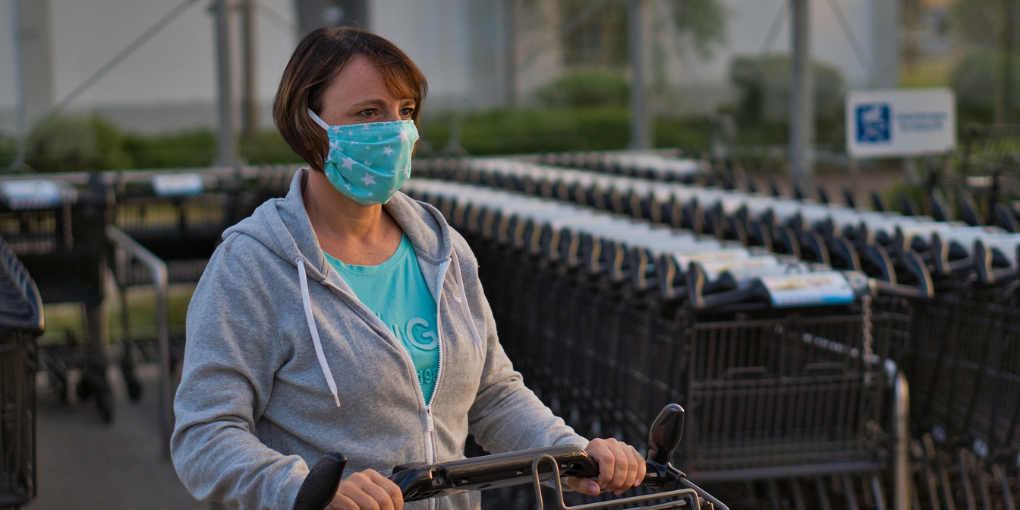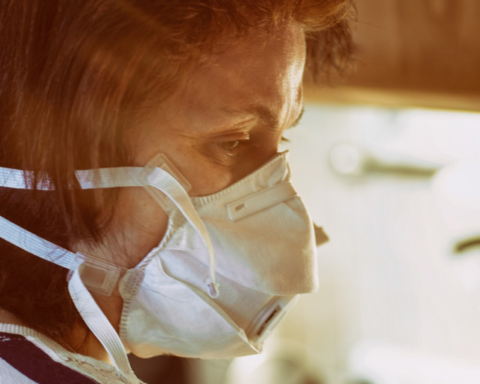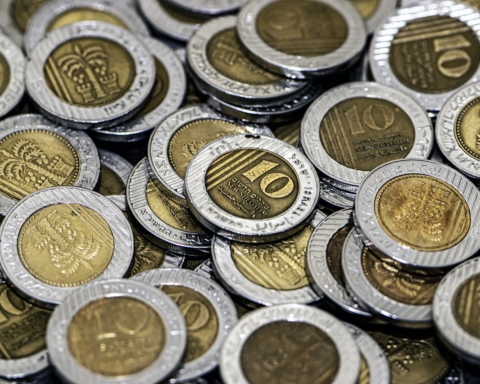In an official announcement on Monday, Israeli officials chose to lock down the country effective September 18, as Rosh Hashanah kicks off the high holiday season. The lockdown is slated to last at least three weeks when Sukkot is over on October 11. While this lockdown will be looser than last, all non-essential businesses will be closed, pools, hotels, and malls included. Residents will be required to stay within 500 meters of their homes, and gatherings of 10 people inside, and 20 people outside will still be allowed. Per the Minister of Science and Technology, Yizhar Shai, says that people will be encouraged to spend time outside, use public workout equipment, and the playgrounds. He says that per science, it was found more beneficial than harmful.

Schools were supposed to close on Friday but were closed a day earlier due to a record-breaking amount of over 5,500 COVID-19 cases on Tuesday. With winter approaching and the medical system struggling to manage, the lockdown is intended to get the outbreak under control while also create space for the medical system to catch up. At its highest, there are 550 people hospitalized in serious condition and over 200 in moderate condition. Fatalities have reached 1,165 people.
While the government continues to work on a more detailed plan, with a focus on preserving public health, the public continues to protest that closures should only occur in red zones, and should not penalize the Israeli economy as a whole. With an expected economic loss of about 6.5 billion NIS, business owners are in dire struggle, with many threatening to refuse the lockdown, certain it will cause their financially fragile businesses to finally crash.
Many believe that religion and politics are playing a role in the recent decision, given that the red zones, areas with the highest concentration of COVID-19, is mostly seen in ultra-orthodox Jewish and Arab neighborhoods. While many religious protested these closures, many now believe the whole of the country is being made to suffer.
While the country continues to be torn apart by the global pandemic, the government, conflicting beliefs, and a lack of trustworthy leadership, Roee Cohen of the Israel Federation of Small Business Organizations says, “We are marching towards anarchy. We have children to worry about and mouths to feed. They are the ones we will have in front of our eyes, and not the fines. The fear that we will not have bread on the table is greater and more real than the fear of getting infected with the coronavirus.”








